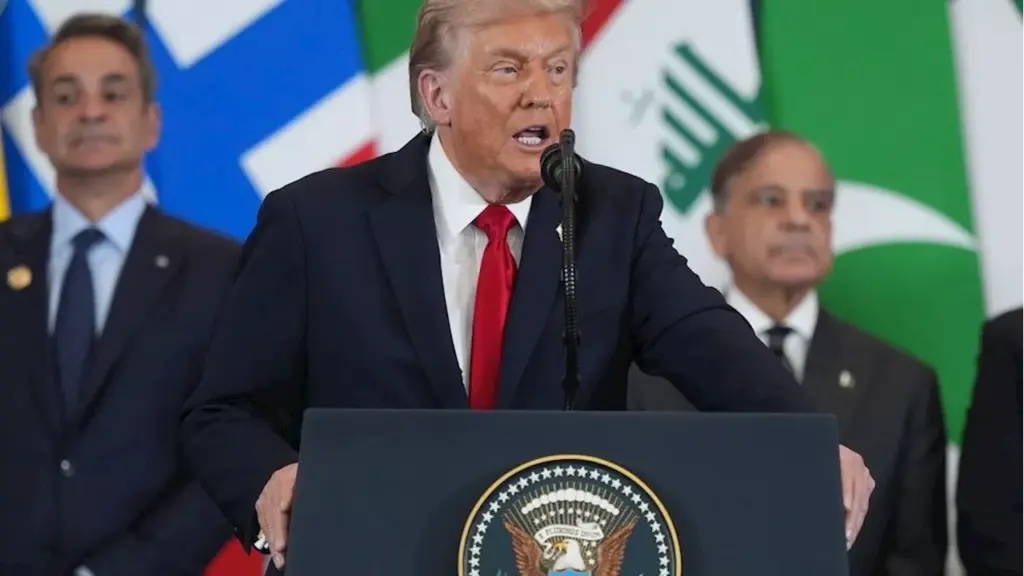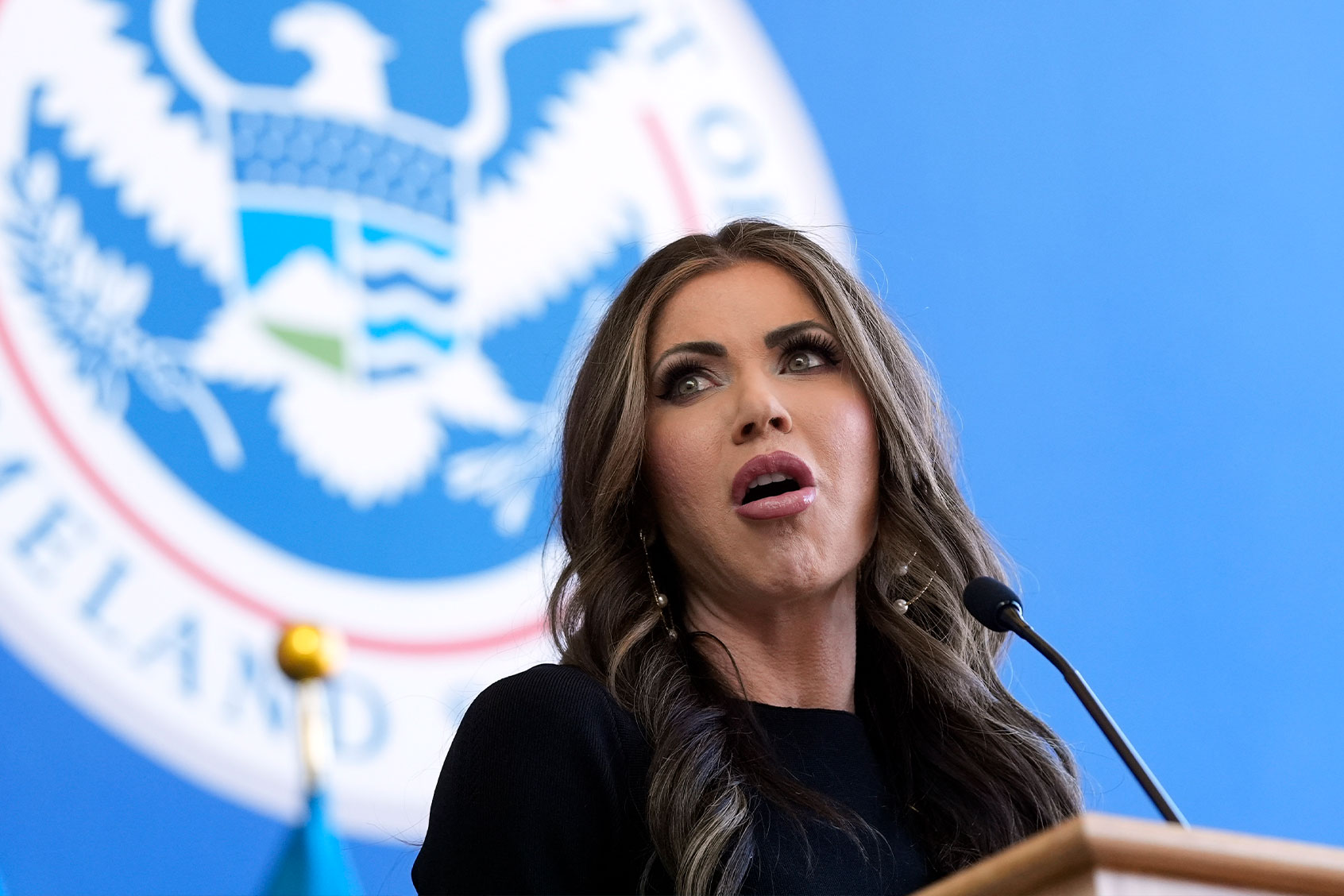
Argentinian President Javier Milei made his inaugural visit to the White House on October 14, 2025, coinciding with a significant financial initiative from the United States. The U.S. Treasury has established a $20 billion currency swap framework with Argentina’s central bank. This move aims to stabilize Argentina’s economy, which is facing severe financial challenges.
During the meeting held in Washington, D.C., President Donald Trump and President Milei discussed the implications of this financial arrangement. The U.S. is keen to counteract potential economic influence from China in Argentina, as the South American nation struggles to avert a financial crisis. Analysts warn that a collapse in Argentina could have ripple effects throughout global markets, threatening economic stability in the Western Hemisphere.
Historical Context of U.S. Financial Aid
This latest intervention by the U.S. is not an isolated case; it marks a return to a historical precedent of American financial assistance to foreign nations grappling with economic turmoil. One notable instance occurred in 1995 when President Bill Clinton responded to a banking crisis in Mexico. Newly elected President Ernesto Zedillo Ponce de León faced a financial emergency shortly after taking office, as the value of the Mexican peso plummeted.
To avert a potential default, Clinton bypassed Congress to authorize a $20 billion loan from the U.S. Treasury’s Exchange Stabilization Fund. Mexico successfully repaid this loan three years ahead of schedule, resulting in the U.S. earning approximately $580 million in interest from the deal.
As Argentina receives support from the U.S., concerns about the country’s economic direction persist. The involvement of China in Latin America has expanded, particularly in countries like Venezuela, which has accrued nearly $60 billion in loans from Chinese state institutions. The U.S. Treasury aims to prevent a similar scenario in Argentina, where Chinese loans could undermine democratic governance.
In summary, the U.S. government’s recent actions reflect a strategic effort to stabilize Argentina’s economy while also countering the expanding influence of China in the region. As President Milei embarks on his leadership journey, the outcomes of this financial support will be closely monitored, both domestically and internationally.







